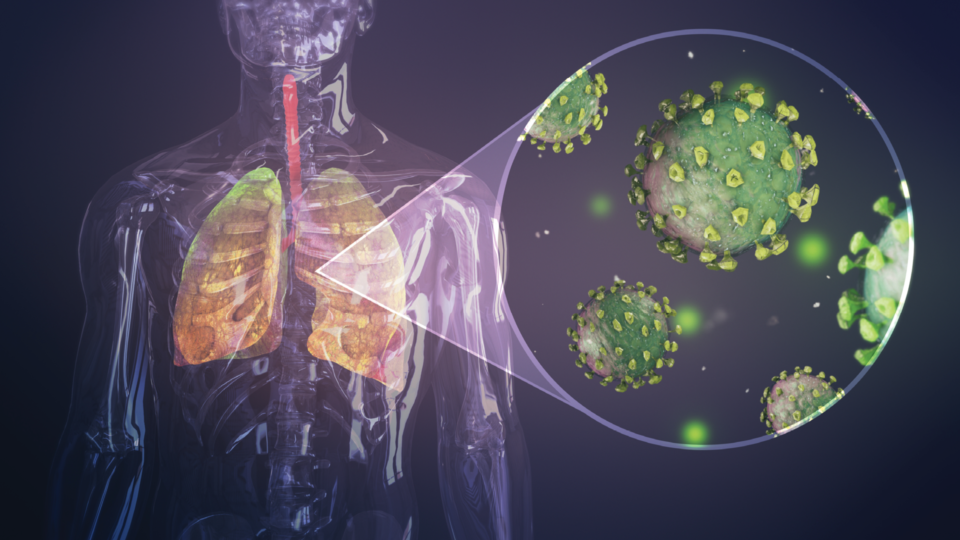Recombinant vaccines have emerged as a revolutionary approach to preventing infectious diseases, offering new hope in the fight against pathogens that have plagued humanity for centuries. Unlike traditional vaccines, which may use weakened or inactivated pathogens, recombinant vaccines harness the power of genetic engineering to create safer and more effective immunization strategies. In this article, we will explore the concept of recombinant vaccines, their development, and their potential to transform global healthcare.
Understanding Recombinant Vaccines:
Recombinant vaccines are a category of vaccines designed to stimulate an immune response against specific pathogens by introducing harmless fragments of the pathogen’s genetic material into the body. These genetic fragments are typically produced using recombinant DNA technology, allowing researchers to create vaccines without the need to grow the pathogen itself.
Development of Recombinant Vaccines:
The development of recombinant vaccines involves several key steps:
- Identification of Antigenic Targets: Scientists identify specific antigens or proteins from the target pathogen that can stimulate a protective immune response. These antigens are typically selected based on their ability to induce immunity without causing disease.
- Gene Cloning and Expression: The genes encoding the selected antigens are cloned and inserted into a host organism, such as bacteria or yeast. These host organisms then produce large quantities of the antigenic proteins.
- Vaccine Formulation: The purified antigenic proteins are formulated into a vaccine, often with adjuvants or carriers that enhance the immune response.
- Administration: Recombinant vaccines are administered to individuals through injection or other suitable delivery methods.
Benefits and Advantages:
- Safety: Recombinant vaccines do not use live or attenuated pathogens, making them safer, especially for individuals with weakened immune systems.
- Precise Targeting: These vaccines can be designed to target specific antigens, reducing the risk of side effects associated with whole-pathogen vaccines.
- Highly Effective: Recombinant vaccines often provide robust and long-lasting immunity.
- Rapid Development: The genetic engineering techniques used in their production allow for faster vaccine development, particularly during disease outbreaks.
- Customization: Researchers can tailor recombinant vaccines to address emerging infectious diseases and adapt them to new variants of existing pathogens.
Applications and Examples:
- Hepatitis B Vaccine: The first recombinant vaccine to be widely used, it contains the hepatitis B surface antigen (HBsAg) produced using recombinant DNA technology.
- Human Papillomavirus (HPV) Vaccine: The HPV vaccine, such as Gardasil, targets specific viral proteins to prevent HPV-related cancers.
- COVID-19 Vaccines: Some COVID-19 vaccines, including those developed by Moderna and Pfizer-BioNTech, are based on mRNA technology, a type of recombinant vaccine.
- Malaria Vaccine Research: Ongoing efforts to develop a malaria vaccine are exploring the use of recombinant antigens from the Plasmodium parasite.
Challenges and Future Prospects:
While recombinant vaccines offer numerous advantages, they also face challenges related to production costs, distribution, and public acceptance. Nevertheless, ongoing research and advancements in vaccine technology are expected to expand the use of recombinant vaccines in addressing a wide range of infectious diseases, ultimately contributing to improved global health.
Recombinant vaccines represent a promising frontier in the field of immunization, offering a safer, more precise, and highly effective approach to preventing infectious diseases. As the world grapples with emerging health threats, the adaptability and speed of recombinant vaccine development hold the potential to reshape our response to infectious diseases, providing a brighter future for global health.

